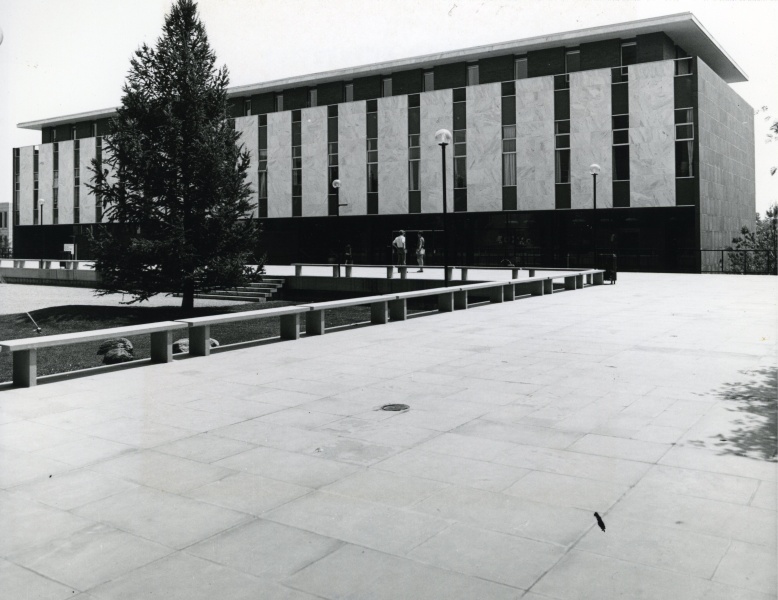PDF
Canada and the makings of a foreign intelligence capability, 1939-1951 Item Info
- Title:
- Canada and the makings of a foreign intelligence capability, 1939-1951
- Creator:
- Jensen, Kurt F.
- Date Created:
- 2004
- Degree Awarded:
- Doctor of Philosophy
- Subjects:
- government intelligence
- Geographical Focus:
- Canada
- Supporting Materials:
- n/a
- Description:
- The need for a foreign intelligence service was not obvious to Canadian policy- makers as the world approached war in 1939. This is a case study of how a government created an intelligence organization during war and how it subsequently revised this structure after the war. The core of the thesis focuses on the contribution of intelligence to the war effort and how war-time experiences were adapted to a postwar mandate. The relationships between the intelligence entities within the Department of National Defence and the Department of External Affairs are explored and the study records how National Defence ceded control of foreign intelligence to External Affairs in the postwar period. The thesis asks whether a Canadian interdepartmental vision of foreign intelligence existed, whether there was clear political commitment to the creation of foreign intelligence bodies, and, following World War II, whether policy-makers possessed a clear vision of the desired foreign intelligence capacity. The thesis demonstrates that the government was not actively engaged in creating the wartime intelligence structures and only partly so when restructuring foreign intelligence in the early postwar period. Canada committed sufficient resources to gain access to pooled allied intelligence but stopped short of creating a clandestine service because Canada’s political leaders were risk adverse, parochial in outlook, and did not conclude that a clandestine intelligence service was imperative to meet national foreign intelligence requirements. This decision defined perceptions of Canada’s intelligence efforts among its allies. The question arises as to whether Canada’s foreign intelligence community was autonomous. The postwar alliance which Canada entered into with the other Anglo- Saxon powers was unequal. While Canada’s foreign intelligence community was autonomous, it was also interdependent with its partners. Canada’s foreign intelligence collection efforts, limited as they were, ensured access to the intelligence gathered collectively by the alliance. As such, Canada’s foreign intelligence activities met a national objective and reflected an articulation of sovereignty. By the early 1950s, Canada possessed foreign intelligence resources which rivaled or exceeded those of many nations. Canada could task, collect, collate, evaluate, and disseminate foreign intelligence in sufficient quantity and quality to meet its national requirements.
Source
- Preferred Citation:
- Jensen, Kurt F.. Canada and the makings of a foreign intelligence capability, 1939-1951. 2004. Carleton University, Doctor of Philosophy.
- Reference Link:
- https://cuhistory.github.io/grads/items/hist_160.html
Rights
- Rights:
- Copyright the author, all rights reserved, unless otherwise indicated.

